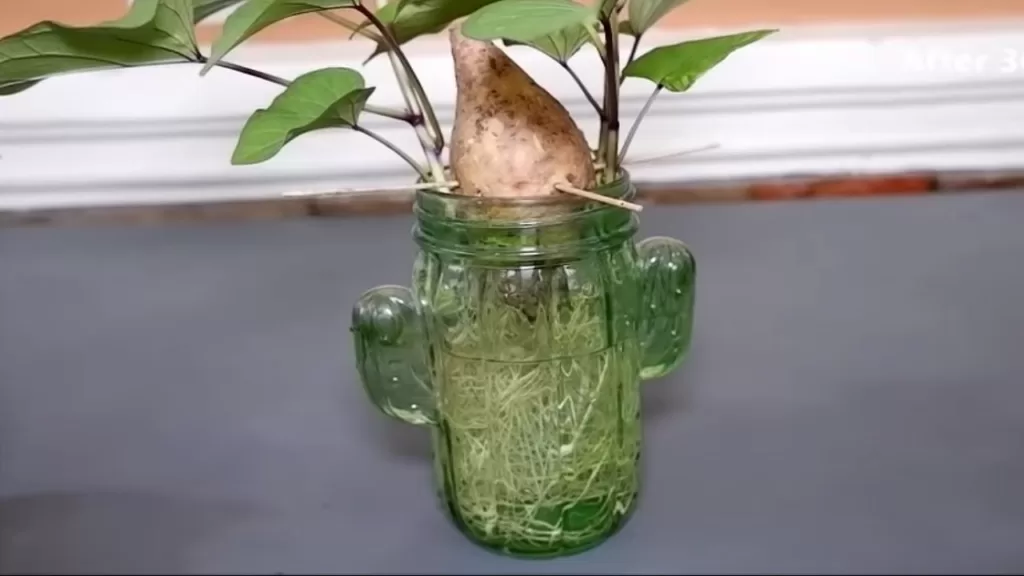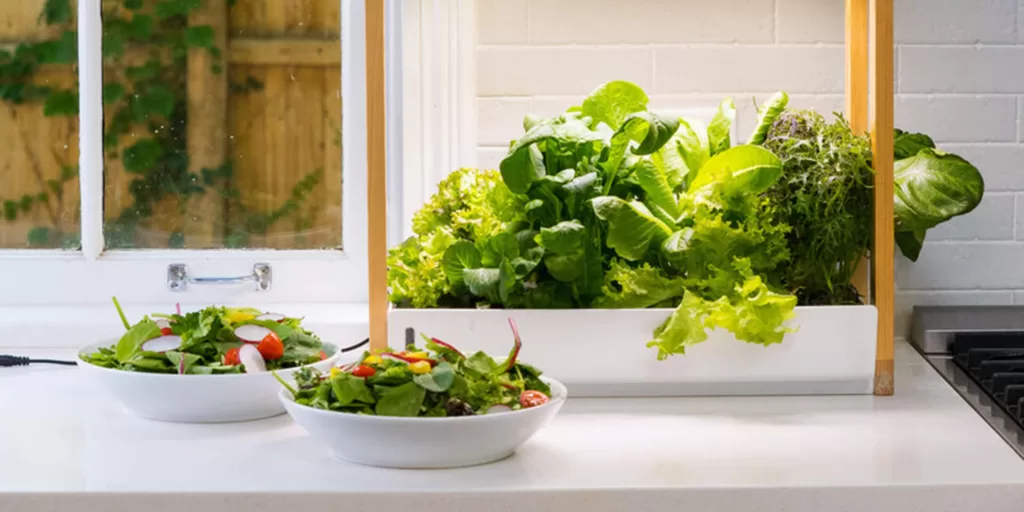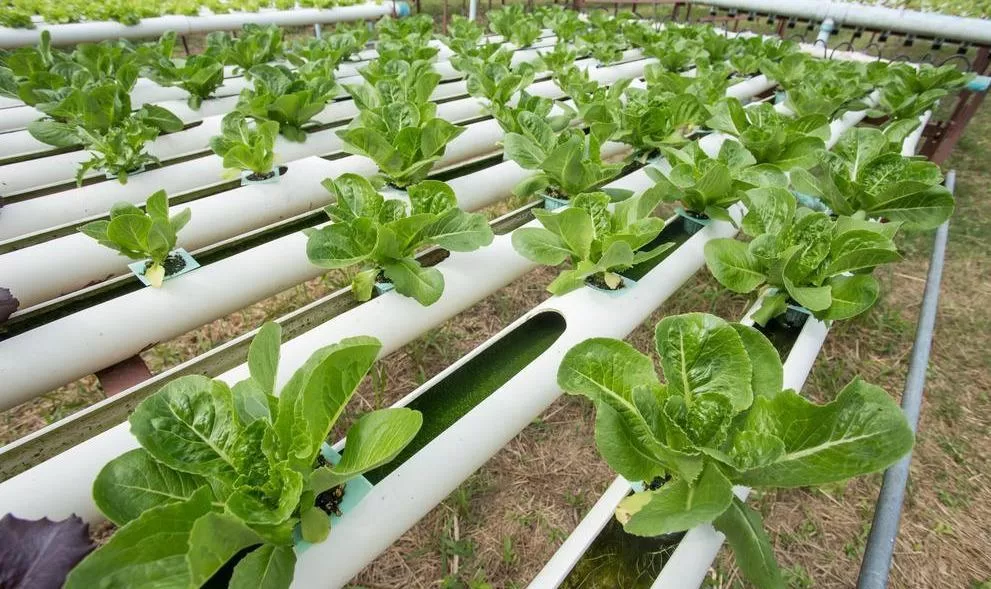Hydroponic gardening has gained popularity as an efficient and sustainable way to grow plants without soil. One of the key factors that contribute to the success of hydroponic systems is the nutrient solution used to nourish the plants. While there are commercial nutrient solutions available, many hydroponic enthusiasts are turning to homemade hydroponic nutrients for their gardens. In this article, we will explore the world of DIY nutrition and discover the benefits of creating nutrient solutions tailored to your plants’ specific needs.
Understanding Hydroponic Nutrient Solutions
In hydroponic systems, nutrient solutions serve as the primary source of essential elements for plant growth. These solutions deliver all the necessary nutrients directly to the roots, ensuring efficient nutrient uptake. The three main macronutrients required by plants are nitrogen, phosphorus, and potassium (NPK). Nitrogen supports leafy growth, phosphorus aids in root development and flower production, while potassium promotes overall plant health and disease resistance.
In addition to NPK, plants also require secondary nutrients like calcium, magnesium, and sulfur, as well as micronutrients like iron, zinc, copper, and others. These elements are equally crucial for a plant’s growth and development.
Benefits of Homemade Hydroponic Nutrients
Creating homemade nutrient solutions offers several advantages over using commercially available ones. One of the most significant benefits is cost-effectiveness. DIY nutrients can be made from easily accessible and affordable ingredients, making them budget-friendly for hydroponic gardeners.
Moreover, DIY nutrients allow gardeners to customize the nutrient formulations according to the specific needs of their plants. Different plants have varying nutritional requirements, and homemade solutions provide the flexibility to cater to these needs.
Using organic ingredients in homemade nutrient solutions is another advantage. This reduces the risk of chemical contamination and ensures that the plants are nourished by natural and safe elements.
Essential Components of Homemade Nutrient Solutions
To create homemade hydroponic nutrients, gardeners need to understand the essential components of these solutions. The primary ingredients include nitrogen sources like calcium nitrate or potassium nitrate, phosphorus sources like monopotassium phosphate, and potassium sources like potassium sulfate. For secondary nutrients, gardeners can use sources like magnesium sulfate and calcium nitrate. Micronutrients can be derived from chelated forms of iron, zinc, copper, manganese, and other essential elements.
Achieving the right balance of nutrients is crucial for plant health. Gardeners should pay attention to the NPK ratios and ensure that all the necessary elements are present in adequate amounts.
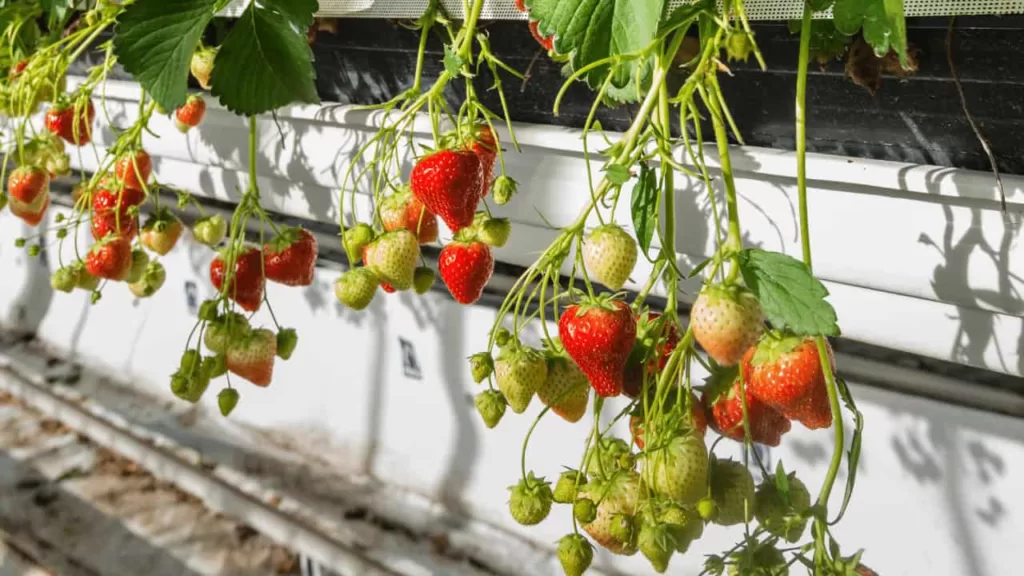
Formulating Homemade Nutrient Solutions
Formulating homemade nutrient solutions requires precision and attention to detail. Gardeners should follow a step-by-step process to ensure that their solutions meet the plants’ nutritional needs.
Begin by dissolving the different nutrient salts in water separately. Afterward, combine the individual solutions to achieve the desired NPK ratios. To avoid precipitation and ensure proper nutrient availability, gardeners should adjust the pH of the solution to the optimal range for their plants.
For different growth stages, such as vegetative growth or flowering, gardeners may need to adjust the nutrient strength and composition accordingly.
Homemade Nutrient Recipes for Specific Plants
Each plant type has its unique nutrient requirements, and gardeners can customize their nutrient solutions accordingly. Here are some homemade nutrient recipes for specific hydroponic plants:
Leafy Greens (e.g., lettuce, spinach):
- Nitrogen (N): 150 ppm
- Phosphorus (P): 50 ppm
- Potassium (K): 150 ppm
- Calcium (Ca): 100 ppm
- Magnesium (Mg): 50 ppm
- Micronutrients as per recommended levels
Tomatoes and Peppers:
- Nitrogen (N): 200 ppm
- Phosphorus (P): 100 ppm
- Potassium (K): 250 ppm
- Calcium (Ca): 150 ppm
- Magnesium (Mg): 50 ppm
- Micronutrients as per recommended levels
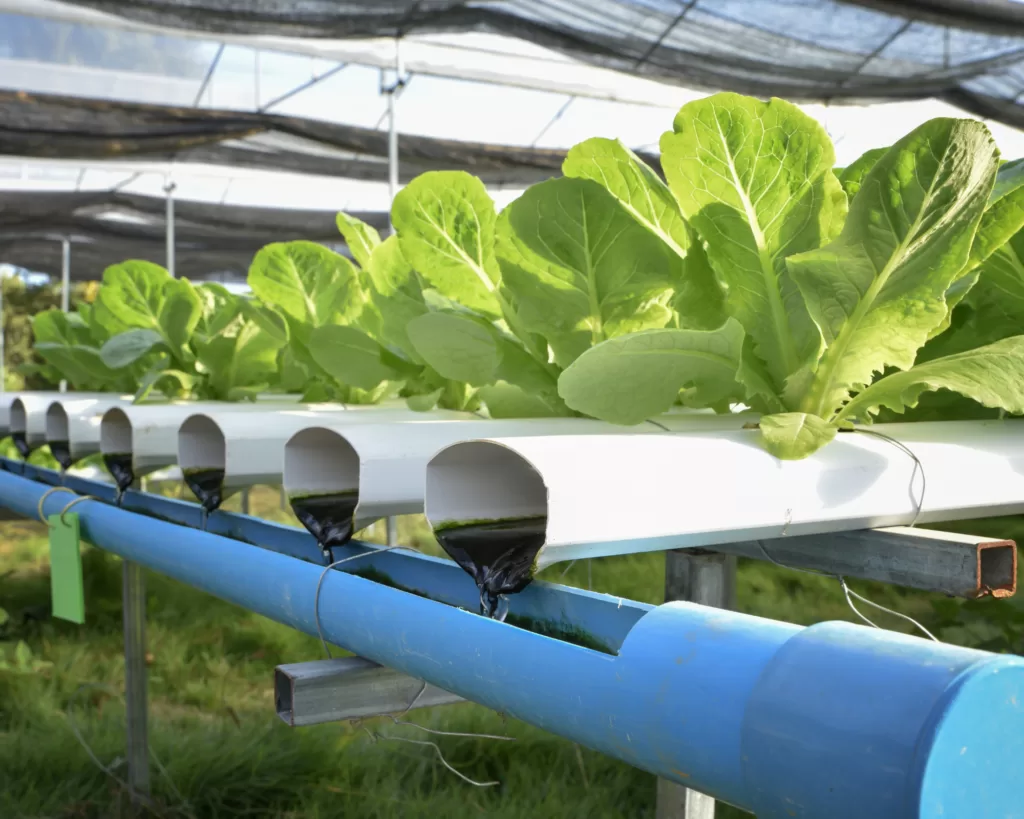
Gardeners can adjust these nutrient recipes based on their plants’ growth stages and specific needs.
Troubleshooting and Common Mistakes
Despite careful formulation, gardeners may encounter nutrient-related issues in their hydroponic gardens. Nutrient deficiencies or excesses can lead to stunted growth, yellowing leaves, or poor fruiting. To address these problems, gardeners should regularly monitor their plants and look for signs of nutrient imbalances.
Common mistakes in homemade nutrient preparation include incorrect measurement of nutrient salts, inadequate pH adjustment, and neglecting to replenish nutrient solutions regularly.
Gardeners can troubleshoot these issues by adjusting the nutrient strengths, correcting pH levels, and maintaining proper nutrient solution levels.
Mastering homemade hydroponic nutrients allows gardeners to take complete control of their plants’ nutritional needs. DIY nutrition offers the benefits of customization, cost-effectiveness, and the use of organic ingredients. By understanding the essential components of nutrient solutions and following precise formulations, hydroponic enthusiasts can create thriving gardens that bear the fruits of their labor. Whether you are an experienced gardener or a beginner, experimenting with homemade hydroponic nutrients opens up a world of possibilities for nurturing healthy and bountiful plants in your hydroponic garden.
Pros and Cons of Homemade Hydroponic Nutrients
Hydroponic gardening has become a popular choice for growing plants efficiently and sustainably. One of the critical aspects of successful hydroponic gardening is providing the right nutrients to the plants through nutrient solutions. While commercial hydroponic nutrient solutions are readily available, some gardening enthusiasts opt for homemade hydroponic nutrients. Like any approach, there are pros and cons to consider when deciding whether to use homemade hydroponic nutrients. In this article, we will explore the advantages and disadvantages of this DIY approach to hydroponic nutrition.
Pros of Homemade Hydroponic Nutrients:
- Cost-Effectiveness:
One of the primary advantages of homemade hydroponic nutrients is cost-effectiveness. Commercial nutrient solutions can be expensive, especially for larger hydroponic systems. By creating nutrient solutions at home, gardeners can save money by using affordable and easily accessible ingredients. - Customization:
Homemade nutrient solutions offer a higher level of customization. Different plant types have varying nutritional needs, and homemade nutrients allow gardeners to adjust the nutrient formulation according to the specific requirements of their plants. This level of personalization can lead to healthier and more productive plants. - Organic Options:
Using homemade hydroponic nutrients gives gardeners the option to choose organic ingredients. Organic hydroponics is an attractive choice for those seeking a more natural and sustainable approach to gardening. Organic nutrient solutions reduce the risk of chemical contamination and align with eco-friendly practices. - Control Over Ingredients:
When creating homemade nutrient solutions, gardeners have complete control over the quality and source of the ingredients used. They can ensure that the nutrients are of high quality, free from contaminants, and meet their desired standards. - Learning Opportunity:
Preparing homemade hydroponic nutrients is a learning experience. Gardeners can deepen their understanding of plant nutrition, nutrient interactions, and the importance of balancing nutrients for optimal growth. This knowledge can be valuable in other aspects of gardening and plant cultivation.

Cons of Homemade Hydroponic Nutrients:
- Precise Formulation Challenges:
Formulating nutrient solutions requires precision and accuracy. Balancing the right proportions of macronutrients, secondary nutrients, and micronutrients can be challenging for beginners. Inaccurate nutrient solutions can lead to nutrient imbalances and negatively impact plant health. - Time-Consuming:
Creating homemade nutrient solutions can be time-consuming, especially when formulating and adjusting nutrient ratios. For some gardeners, the convenience of ready-to-use commercial nutrient solutions might be preferable, particularly for those with busy schedules. - Risk of Mistakes:
Inexperienced gardeners may make mistakes in the nutrient formulation process. Incorrect measurements, inadequate pH adjustment, or overlooking specific nutrients can result in nutrient deficiencies or toxicities, affecting plant growth and overall productivity. - pH and Nutrient Stability:
Maintaining the stability of nutrient solutions, particularly the pH levels, is crucial for hydroponic success. Homemade nutrient solutions may require more frequent monitoring and adjustments to maintain the right pH range and prevent nutrient precipitation. - Limited Nutrient Sources:
Some essential nutrients may not be easily available in certain regions, limiting the variety of nutrients that can be incorporated into homemade solutions. In such cases, gardeners might have to rely on commercial nutrient sources.
Homemade hydroponic nutrients offer various benefits, including cost-effectiveness, customization, and the option for organic solutions. However, gardeners should be aware of the challenges, such as precise formulation, time consumption, and the risk of mistakes. Before deciding to use homemade hydroponic nutrients, gardeners should carefully weigh the pros and cons, considering their experience level, resources, and specific gardening goals. With proper knowledge and attention to detail, homemade nutrient solutions can lead to thriving hydroponic gardens with healthy and productive plants.
Effectiveness of Homemade Hydroponic Nutrients: Choosing Between Homemade and Commercial Options
Hydroponic gardening has gained popularity as a sustainable and efficient method for growing plants without soil. An essential component of successful hydroponic gardening is providing plants with the necessary nutrients through nutrient solutions. When it comes to nutrient solutions, gardeners have the option to choose between homemade and commercial hydroponic nutrients. In this article, we will explore the effectiveness of homemade hydroponic nutrients and help readers decide whether to opt for homemade or commercial options.
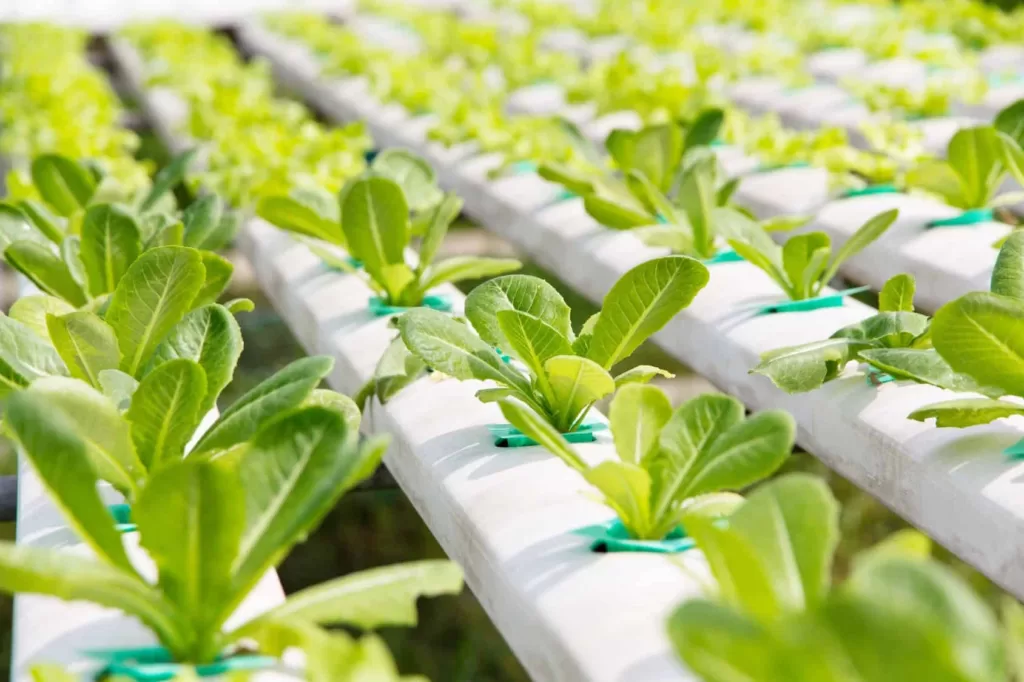
Understanding Homemade Hydroponic Nutrients:
Homemade hydroponic nutrients are nutrient solutions formulated using readily available ingredients, such as fertilizers, mineral salts, and organic components. Gardeners can customize the nutrient formulations based on the specific needs of their plants, making it a personalized approach to hydroponic nutrition.
Effectiveness of Homemade Hydroponic Nutrients:
- Cost-Effectiveness:
One of the primary advantages of homemade hydroponic nutrients is cost-effectiveness. Commercial nutrient solutions can be expensive, especially for large-scale hydroponic systems. Creating nutrient solutions at home allows gardeners to save money by using affordable and locally sourced ingredients. - Customization:
Homemade nutrient solutions offer a higher level of customization. Different plants have distinct nutritional requirements, and homemade nutrients allow gardeners to adjust the nutrient formulation accordingly. This personalization can lead to healthier plants and better yields. - Organic Options:
Using homemade hydroponic nutrients gives gardeners the option to choose organic ingredients. Organic hydroponics is gaining popularity among environmentally conscious gardeners. By using organic nutrient sources, gardeners can reduce the risk of chemical contamination and support eco-friendly practices. - Control Over Ingredients:
Homemade hydroponic nutrients provide complete control over the quality and source of ingredients used. Gardeners can ensure that the nutrients are of high quality and free from contaminants, ensuring the best possible nutrition for their plants. - Learning Experience:
Preparing homemade hydroponic nutrients is a learning opportunity for gardeners. It deepens their understanding of plant nutrition, nutrient interactions, and the importance of balanced nutrient solutions. This knowledge can be valuable in other aspects of gardening and plant cultivation.
Understanding Commercial Hydroponic Nutrients:
Commercial hydroponic nutrients are pre-formulated nutrient solutions available in the market. These products are specifically designed to meet the nutritional needs of hydroponically grown plants. They come in liquid or powder form, offering a convenient and ready-to-use solution for hydroponic gardening.
Effectiveness of Commercial Hydroponic Nutrients:
- Precision and Ease of Use:
Commercial hydroponic nutrients are formulated by experts, ensuring precise nutrient ratios. This eliminates the need for gardeners to calculate and mix nutrient solutions, making it more convenient for beginners and experienced gardeners alike. - Quality and Consistency:
Reputable commercial nutrient brands ensure consistent quality in their products. They undergo rigorous testing and quality control measures to ensure that each batch of nutrient solution is of the highest standard. - Comprehensive Nutrient Profiles:
Commercial hydroponic nutrients typically contain a complete range of essential nutrients, including macronutrients, secondary nutrients, and micronutrients. This ensures that plants receive a balanced and comprehensive nutrient profile for healthy growth. - pH Stability:
Commercial nutrient solutions often come with pH stabilizers, making it easier to maintain the proper pH range in the hydroponic system. pH stability is crucial for nutrient absorption and preventing nutrient deficiencies or toxicities in plants.
Choosing Between Homemade and Commercial Hydroponic Nutrients:
The choice between homemade and commercial hydroponic nutrients depends on various factors, including the gardener’s experience level, resources, and specific gardening goals.
Consider Homemade Hydroponic Nutrients If:
- You are looking for a cost-effective solution and have the time and willingness to formulate nutrient solutions.
- You want to customize nutrient formulations based on the specific needs of your plants.
- You prefer organic options and have access to high-quality organic ingredients.
- You enjoy experimenting and learning about plant nutrition.
Consider Commercial Hydroponic Nutrients If:
- Convenience is a priority, and you prefer ready-to-use nutrient solutions.
- You want to ensure precise nutrient ratios without the need for formulation.
- You seek consistent and reliable quality in your nutrient solutions.
- You want comprehensive nutrient profiles and pH stability.
Both homemade and commercial hydroponic nutrients can be effective in providing plants with the necessary nutrients for healthy growth. Gardeners should consider their individual preferences, experience, and budget when deciding which option to choose. Whether using homemade or commercial hydroponic nutrients, the key to success lies in providing plants with well-balanced and appropriate nutrition throughout their growth stages.




